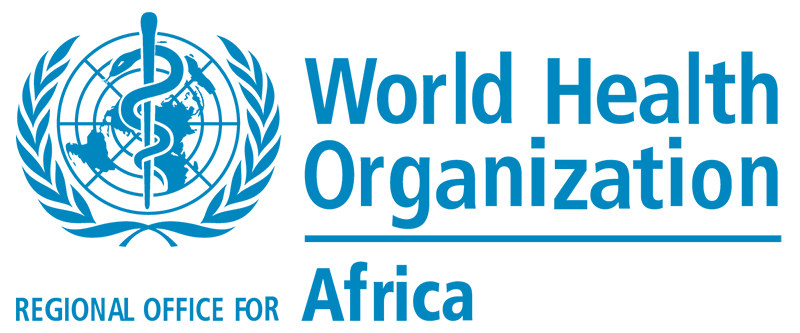By Asmau Ahmad
Africa is witnessing a surge in outbreaks of vaccine-preventable diseases over the past year, the World Health Organisation has said.
According to the WHO, almost 17,500 cases of measles were recorded in the African region between January and March 2022, marking a 400 per cent increase compared with the same period in 2021.
The UN health agency stated this at a virtual press conference held on Thursday.
The global health agency stated further that twenty African countries reported measles outbreaks in the first quarter of this year, eight more than that in the first three months of 2021, adding that outbreaks of other vaccine-preventable diseases have also become more common.
“Twenty-four countries confirmed outbreaks of a variant of polio in 2021, which is four more than in 2020. In 2021, 13 countries reported new yellow fever outbreaks in the African region, compared to nine in 2020 and three in 2019.
“Inequalities in accessing vaccines, disruptions by the COVID-19 pandemic including a huge strain on health system capacities impaired routine immunisation services in many African countries and forced the suspension of vaccination drives,” WHO said.
“The rise in outbreaks of other vaccine-preventable diseases is a warning sign. As Africa works hard to defeat COVID-19, we must not forget other health threats. Health systems could be severely strained not only by COVID-19 but by other diseases,” said Dr. Matshidiso Moeti, the WHO Regional Director for Africa.
“Vaccines are at the heart of a successful public health response, and as countries restore services, routine immunisation must be at the core of revived and resilient health systems,” Moeti said.
Two doses of the measles vaccine provided on schedule results in long-lasting protection against the potentially deadly disease. Countries are expected to attain and maintain measles vaccination coverage of 95 per cent with two doses to reach measles elimination.
In 2019, six countries in the African region attained 95 per cent coverage with first dose measles vaccination, while only three met this target in 2020, according to estimates by WHO and UNICEF.
To urgently scale up coverage and protect children, WHO and partners are supporting
African countries to carry out catch-up routine vaccination campaigns, with more than 90 per cent of the 38 African countries responding to a global survey reporting that they implemented at least one routine catch-up immunisation campaign in the second half of 2021.
Some countries have successfully integrated other critical immunisation campaigns with COVID-19 vaccination.
For example, Ghana integrated COVID-19 vaccination with yellow fever campaigns in December 2021 to curb an outbreak that erupted a month earlier.
Nigeria recently launched a vaccine scale-up strategy that guides the integration of routine immunization with COVID-19 vaccination for mothers and their babies.
Mass vaccination campaigns are also boosting COVID-19 vaccine uptake. Between January and April, the percentage of Africans fully vaccinated against the virus rose to 17.1 per cent from 11.1 per cent.
While mass vaccination campaigns are the quickest way to administer a large volume of vaccines, WHO is committed to supporting countries to strengthen essential, primary health care services to deliver COVID-19 vaccines. The longer-term solutions will likely see benefits to communities beyond COVID-19.
“Routine immunisation, a long-established practice in many African countries, has been severely strained by the impact of COVID-19. In the wake of this pandemic, we are committed to supporting countries to devise smart approaches to scale up both COVID-19 vaccination and restore and expand routine immunization services,” said Dr. Benido Impouma, Director, Communicable and Noncommunicable Diseases Cluster at WHO Regional Office for Africa.
WHO press conference was led by Dr. Impouma and facilitated by APO Group.




